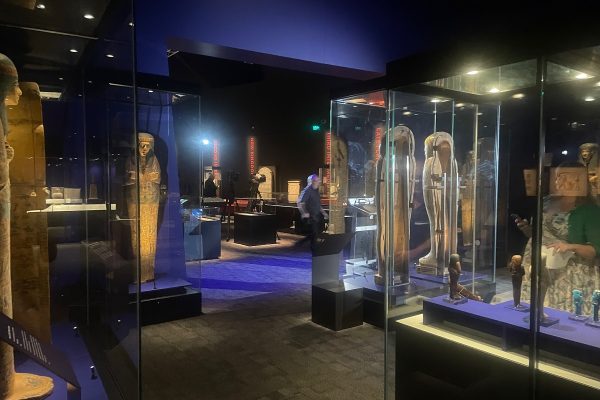
WITH just two more days to go before he retires as director of the National Museum of Australia, Mathew Trinca fronted the assembled media this morning to unveil the summer blockbuster, “Discovering Ancient Egypt”.
Opening tomorrow, the exhibition of treasures from the Dutch National Museum of Antiquities (Rijksmuseum van Oudheden) in Leiden has been rightly billed as an exhibition with a difference, as it takes a close-up and personal look at how ancient Egyptians lived and died.
The exhibition features more than 220 intriguing objects dating from 3700 BCE, including personal items which people took with them to their graves, assuming a peaceful and fruitful afterlife. Stepping up to the microphone was Daniel Solomon, curator of the Egyptian and Nubian collections at the Dutch museum, who spoke of the breadth of the exhibition, “everything from the grandiose to the intimate,” he said.
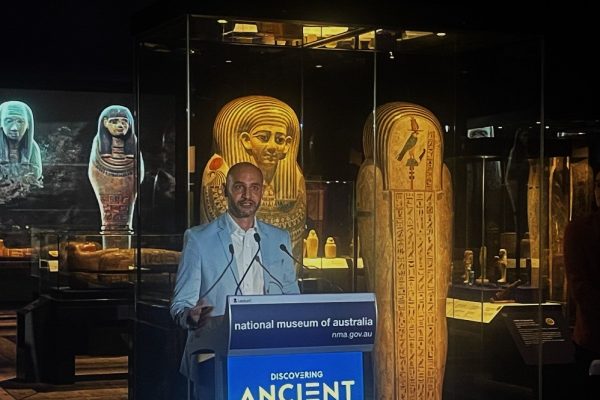
“Ancient Egypt doesn’t exist in a vacuum,” Solomon asserted, speculating on why it is that this ancient culture has for so long captured the public imagination.
He and senior curator at the NMA Craig Middleton revealed that while it was co-presented with the WA Museum and the Queensland Museum, the installation at the National Museum had been tailor-made and designed for Canberra.
We heard that the show included a station with the smells of ancient Egypt, people and animals mummified in their original bandages, a board game, jewellery, private letters and documents giving insights into the Rijksmuseum’s current archaeological research. The perfect condition of the objects, large and small, could be put down to the dry climate of Egypt.
Scholar Lily Withycombe told those present that such an exhibition “should be like a holiday – it transports you.”
She outlined the female elements in the show, pointing out that in ancient Egypt women could become priests and even rulers, think Cleopatra. The feminine side of the exhibition could be seen through the material culture but also in striking objects such as a sculpture of the powerful goddess Isis, breastfeeding.
“Discovering Ancient Egypt”, National Museum of Australia, until September 8, 2024
Who can be trusted?
In a world of spin and confusion, there’s never been a more important time to support independent journalism in Canberra.
If you trust our work online and want to enforce the power of independent voices, I invite you to make a small contribution.
Every dollar of support is invested back into our journalism to help keep citynews.com.au strong and free.
Thank you,
Ian Meikle, editor
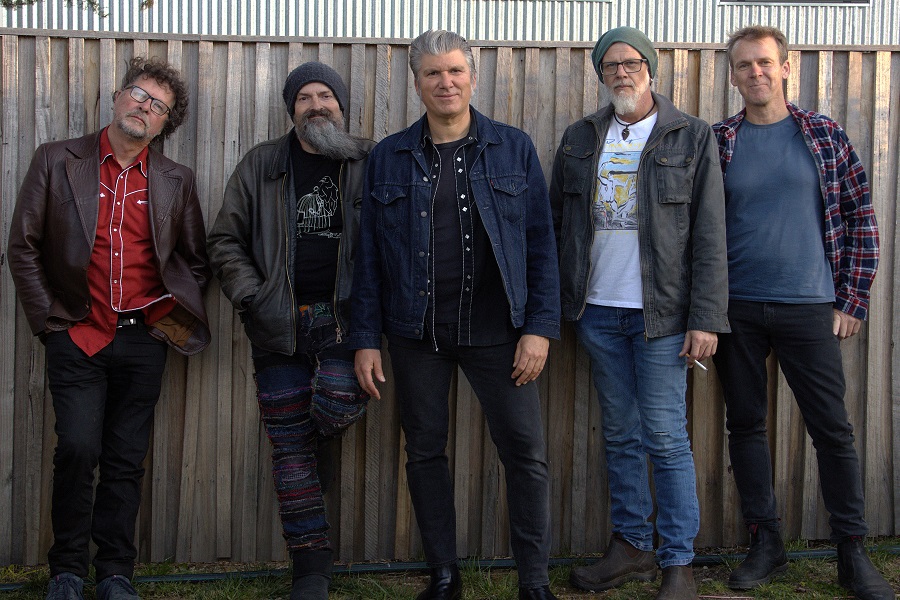
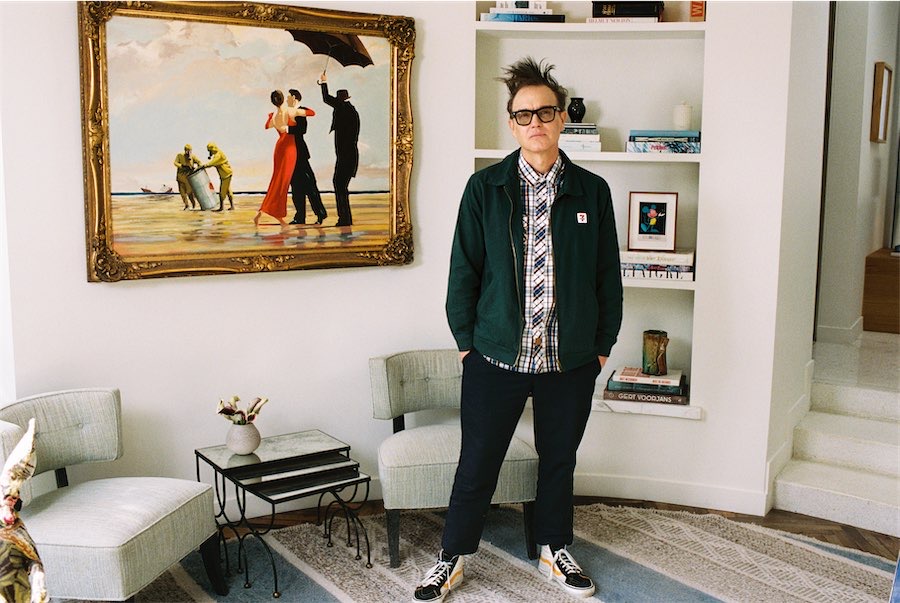
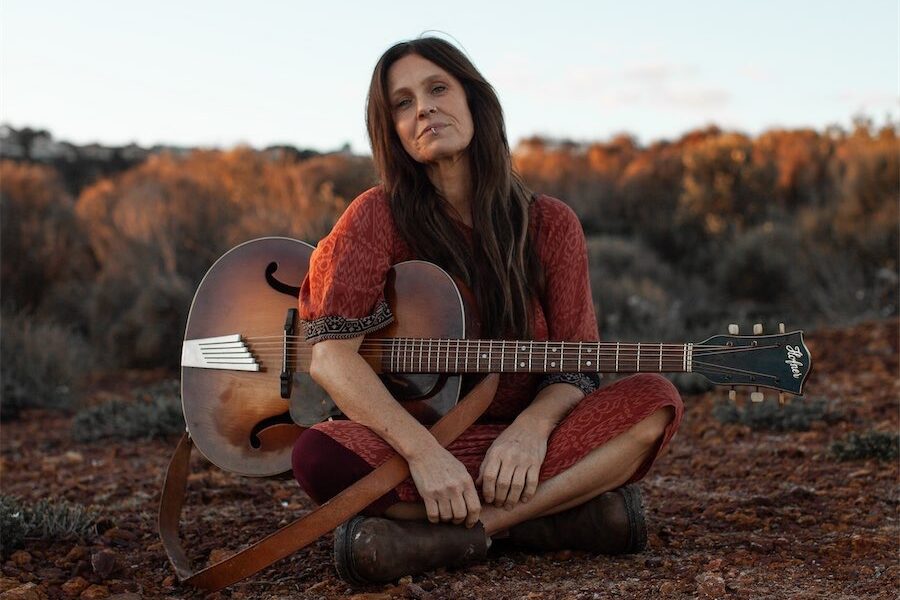





Leave a Reply